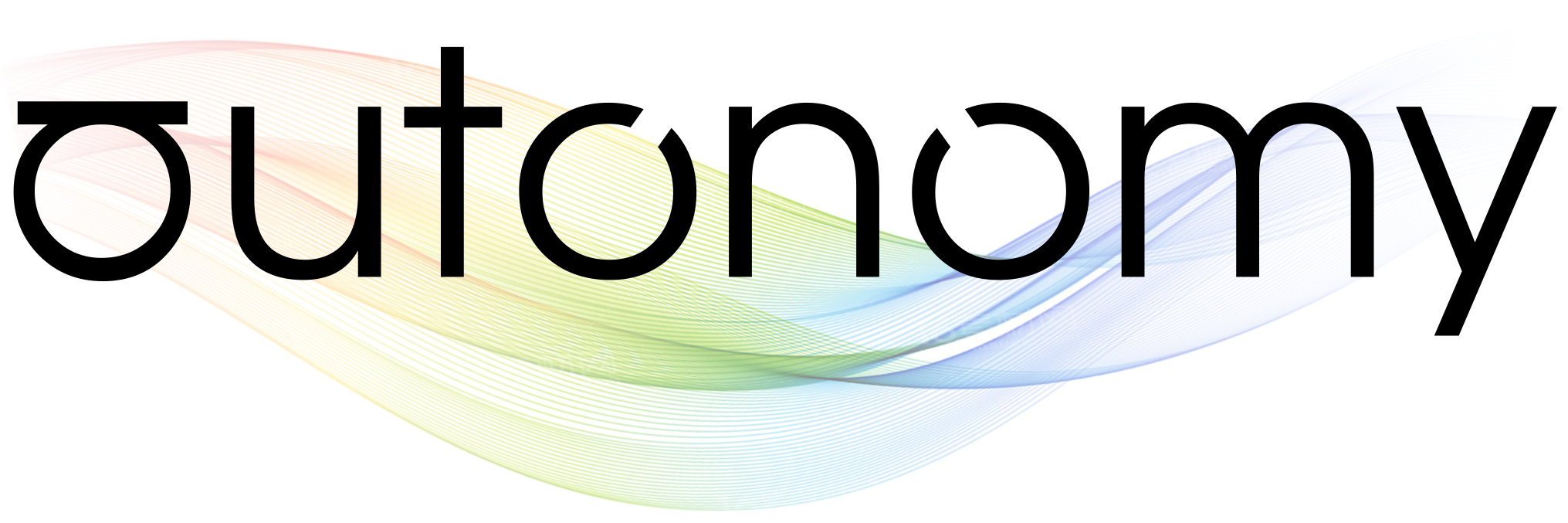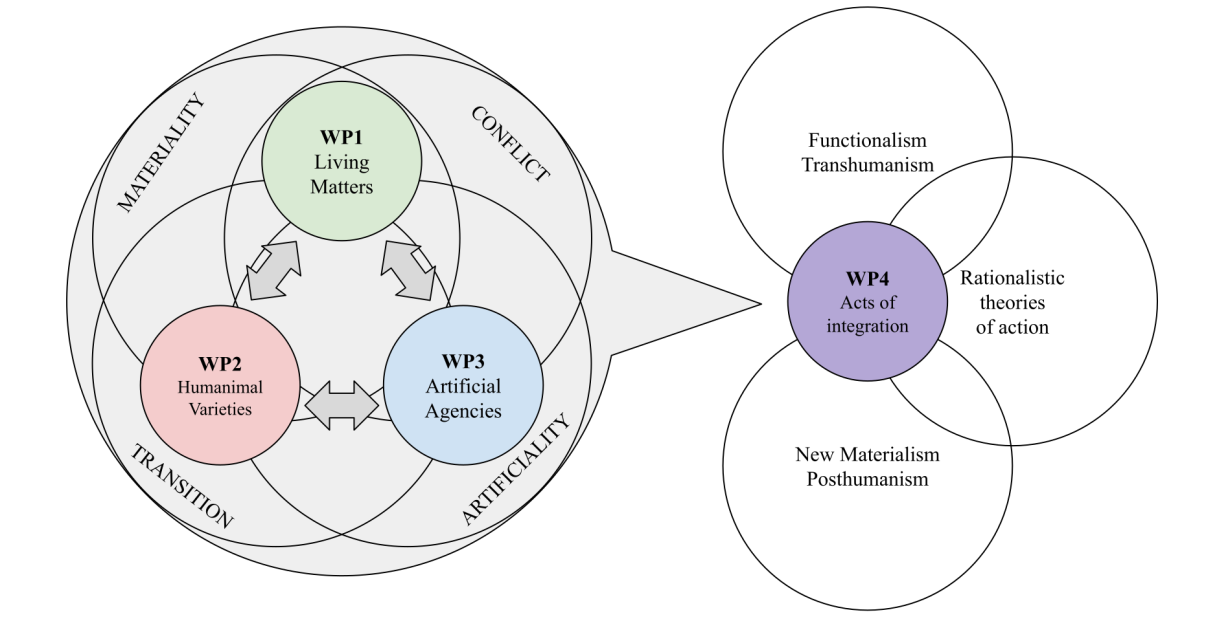Project data
- Title: “OUTAGENCIES: Varieties of autonomous agency across living, humanimal and technical systems”
- ID: PID2023-147251NB-I00
- Call: 2023 Call for “R&D&I Projects”, within the framework of the State Programs for the Generation of Knowledge and Scientific and Technological Strengthening of the R&D&i and R&D&I System Oriented to the Challenges of the society.
- Funding entity: Ministry of Science and Innovation.
- Duration: 4 years: 09/01/2024-08/31/2028
- Principal Investigator: Dr. Xabier E. Barandiaran
- Amount of funding awarded: 66,200.00 EUR + 117,554.18 EUR (4 year PhD student grant) = 183,754.18 EUR
- Number of participating researchers: 6 members of the research team and 21 on the work team.
Summary of OUTAGENCIES project
The concept of “agency” currently emerges as a central theme across a number of scientific and technical disciplines, as well as in the philosophy of science, and poses new sociotechnical challenges. The shift definitely marks a move from reactive to active paradigms in science, technology and philosophy. In biology, there’s a growing emphasis on the agent perspectives, from the study of protocells and prebiotic evolvability to multicellular systems and relational views of reproduction. In evolutionary theory, the concept of agency is also increasingly central, viewing biological entities as active subjects of their own evolution and development, active constructors of their environments, including ultimately the planetary scale. For cognitive sciences, agency is pivotal in discussions on embodiment intentionality, and social interaction. Artificial Intelligence research is recently focusing on the creation of digital autonomous agents. Lastly, the impact of digital technologies on human agency and autonomy is a growing area of concern in social and political sciences.
The “OUTAGENCIES: Varieties of autonomous agency” project will follow a naturalised transdisciplinary strategy, adding complex systems’ tools to understand the varieties of agency present in different scientific and technical disciplines (complementing more traditional metaphysical or philosophy of language approaches to agency). The departure hypothesis is that “Autonomous agency, in its variety of manifestations, is a unitary phenomenon that springs from material living organisational principles, and evolves through different transitions that explain the observed variety”. Three corollaries would follow: 1. There can be no autonomous agency without deep material continuity (contra computationalist agency attributions). 2. Not all matter is autonomously agential (in dialogue with new materialism). 3. Humans do not constitute a privileged standard to ground agency (rationality needs naturalisation). The central problem of agency’s unity involves exploring its relationship with materiality, the transitions between types of agency, the conflicts arising between various agency manifestations, and the sociotechnical impact of artificially created “agents”.
The project comprises 4 work packages. “WP1: Living Matters” will analyse protocell organisation and evolution, multicellularity, reproductive agency, explore ecological contexts of agency, and its implications for des-extinction. “WP2: Humanimal Varieties” will bridge reflective and unreflective agency, conceptualise how the environment traverses organisms, and examine autonomy and agency in health-related contexts. “WP3: Artificial Agencies” will focus on clarifying the ontological status of AI, analysing how digital technologies affect human agency, and developing accountability frameworks for artificial agencies. Finally, “WP4: Acts of Integration” will put together the project’s main findings, confronting the hypothesis of agency’s unity in variety, facilitating dialogues between different philosophical schools on agency, and developing a framework for understanding agency in the metaphysics of sexgender.
For a summary and full project description of the previous OUTONOMY project clik here.

